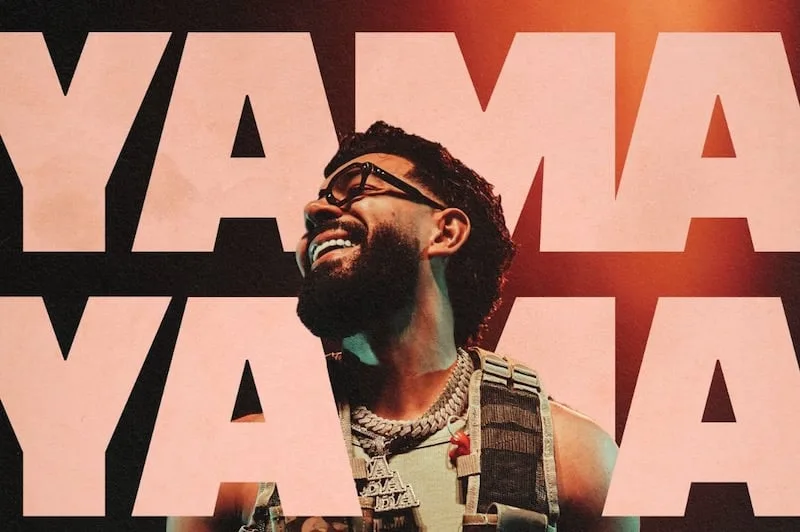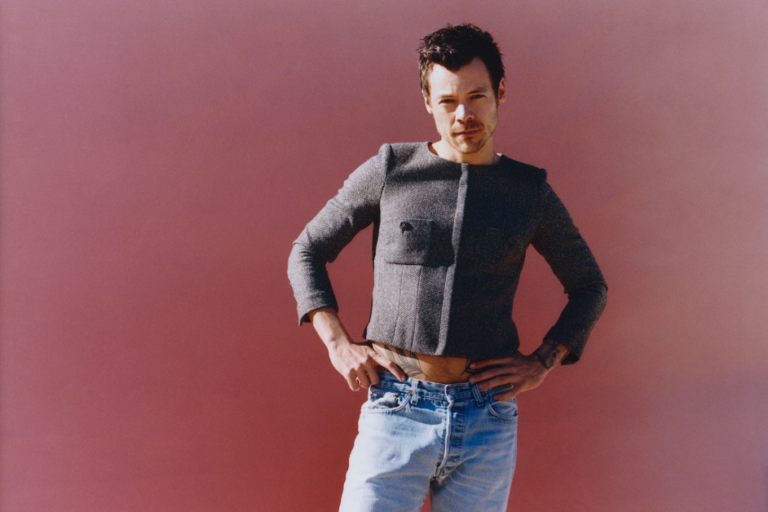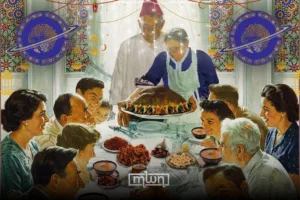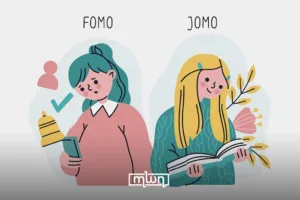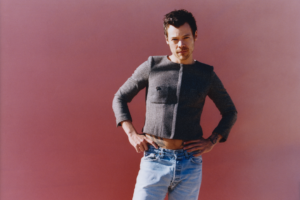Fez – DYSTINCT released his latest single “Yama” on October 17 via Avalon Music, paired with an official video that quickly circulated across social platforms and streaming services. Early posts from the label and the artist flagged the drop as part of his current tour push, signaling another uptempo entry in a year of steady output.
The song stitches reggaeton grooves to traditional Iraqi “shoubi” accents, a mash-up that mirrors DYSTINCT’s pan-regional approach and the Arab diaspora’s evolving sound. Moroccan outlets highlighted the hybrid palette and direct, heartfelt lyrics that anchor the love-story narrative.
“Yama” lands as DYSTINCT’s BABABA World Tour moves through Europe. The run opened at Cologne’s Palladium on October 5—an 1899 industrial hall reimagined for live music with a 4,000-capacity main room—before heading to dates in France, Switzerland, Denmark, Sweden and beyond. Local listings and the artist’s channels show Cologne as the kick-off, with additional stops promoted on the tour site.
Moroccan press reported that the Cologne crowd caught the first live preview of “Yama,” dovetailing the single’s launch with the momentum of a full European schedule.
“Yama” follows “Shako Mako,” a late-summer collab with Iraqi singer Mustafa Al-Abdullah that foregrounded the same cross-regional dialogue now defining DYSTINCT’s catalog. Earlier this year he also teamed up with French Montana on “Ya Baba,” drawing mainstream notice for the US-Moroccan star’s verses in Darija.
Those singles sit alongside tracks from DYSTINCT’s June album BABABA WORLD, a 19-song set that has tallied hundreds of millions of Spotify streams since release. Real-time trackers place the album comfortably in his top-streamed projects to date, while the artist’s Spotify profile shows an audience in the millions each month.
DYSTINCT (Iliass Mansouri), born in Antwerp to Moroccan parents, is part of a cohort raising Morocco’s profile on global platforms by pairing Arabic lyrics with Latin, Afro, and European club forms. With “Yama,” he extends that bridge yet again—this time between Maghrebi taste, Iraqi folk cadence, and Latin rhythm—and does so while touring rooms built for scale. For Moroccan listeners at home and across the diaspora, the single is another proof-point that local sounds can travel confidently on the biggest stages.

